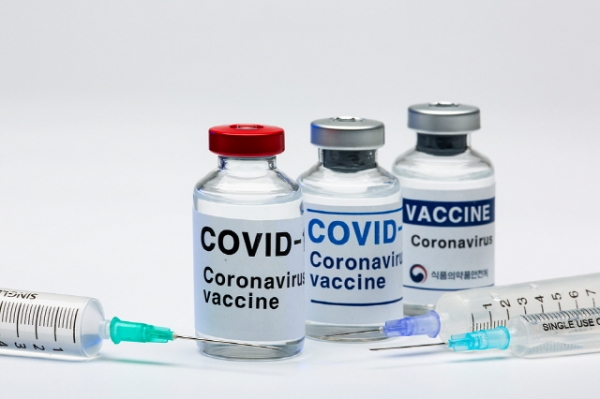
It has been a month since the fourth pandemic wave began in Korea, and COVID-19 is spreading at a frightening pace, constantly renewing the highest daily number of confirmed cases. One main cause is the Delta variant, which was first detected in Korea on April 18. Its rate of transmission is 225 times faster than that of the original strain, and the Delta variant has already established itself as the dominant species in the U.S. and other countries. Even worse, the rate of prevention of the Delta variant after two doses of vaccinations developed by companies such as AstraZeneca, Pfizer, or Moderna is not high. Vaccine developers as well as researchers are raising the need for a booster shot targeting the Delta variant. The National Evidence-based Healthcare Collaborating Agency (NECA) and the Korean Academy of Medical Sciences (KAMS) also confirmed the effect of booster shots through a joint study.
However, several international health experts argue that the unequal distribution of vaccines among countries caused by booster shots will prolong the pandemic. Experts raise concerns that it could lead to “vaccine nationalism”, a phenomenon in which vaccination takes place only in a few developed countries, and that booster shots will further accelerate the spread of COVID-19. In particular, the World Health Organization (WHO) has called for a halt to booster shots. As all variants of the WHO-designated strains except for the alpha variant occurred in developing countries, stronger variants can appear if the quarantine status of developing countries does not improve. Andrea Taylor, assistant director of programs at Duke University’s Global Health Innovation Center said, “Prioritizing booster shots over ending global transmission would put everyone, including people in high-income countries, in a more dangerous position.”
In response to this viewpoint, there has been criticism that the above argument is too idealistic. Some experts claim that even if vaccines are distributed to underdeveloped countries, it will be difficult to quell the COVID-19 pandemic in countries that lack infrastructure. In particular, it raises the question of whether mRNA vaccines, which must be handled only at low temperatures, can even be distributed in underdeveloped countries.
Nevertheless, “vaccine nationalism” must be solved. Even if booster shots are unavoidably introduced, they should be first distributed to high-risk groups or medical staff. Otherwise, the global pandemic will continue. A more humane approach to the supply of vaccines seems necessary.


